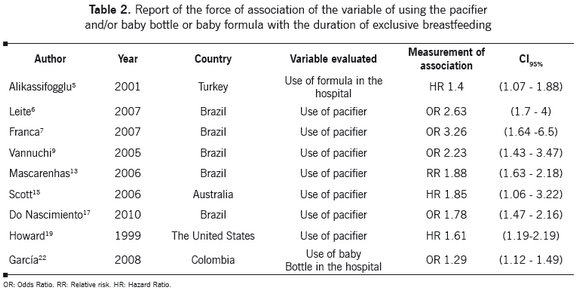

Our coaches can help you combat this issue with a properly built diet approach. If you are not fueling your body with sufficient energy, your breast milk supply may begin to run low, or if you are actually starting a strict dieting program, it may cease entirely. This said, if you are planning on breastfeeding, it also means that you do need to eat more. Think of it as a jump-start to your metabolic rate. It is, after all, why it helps many women get down to the pre-pregnancy weight faster. Most women already know that breastfeeding burns calories. The first element to look at is your energy intake. So now that you know the nutritional composition of breast milk, let’s talk a little further about what you need to be doing to ensure an optimal supply. It’s also why new moms must be sure that they fully empty one breast before they switch to the other during the feeding time. This thicker, energy-dense milk will then help to fuel your baby, giving them their ‘meal’, so to speak. This will help to satisfy your baby’s thirst at the start and then as feeding progresses on, it will then become thicker and much higher in total fat content (with the fat content increasing by up to 2-3 times higher). When you first begin feeding your baby, the milk will be very watery and lower in calories.

You should also note that your breast milk composition will change as feeding progresses on. This is to help meet the changing needs of your baby as he or she progresses through their growth and development. You’ll want to add 300-500 calories to your TDEE, if you’re in the first three months after delivery or add 100-200 calories if you are beyond that.

The milk that you are producing immediately after giving birth will not be the same as the milk that you are producing later on months after your baby has been born. It should also be noted that as you move through various stages in your post-pregnancy period, you’ll also experience changes in your breast milk as well. Studies have also shown that mothers who produce higher quantities of milk tend to have lower milk concentrations of fat and protein, and instead, higher levels of lactose per deciliter (2). The exact nutrient composition of the breast milk can vary based on the mothers depending on the material body weight for height, their protein intake, whether or not they have returned to their normal menstrual cycle as well as how often they are nursing. This puts it around 162 to 175 calories per cup, slightly higher than whole cow’s milk. The calorie content of it ranges from 65-70 calories/dL (dL being 100 ml). When looking at the macronutrients found in breast milk, studies1 illustrate that it will contain around 0.9-1.2 grams/dL for protein, 3.2-3.6 grams/dL of fat, and 6.7-7.8 g/dL for carbohydrates (as lactose). The only exceptions to this rule are vitamin D and K, which should be therefore supplemented or injected with on the advice of your physician. After all, baby’s will spend the first few months of their lives consuming nothing but breast milk, so it only makes sense that it needs to be designed to give them all they need. Just how nutritious is breast milk? It is, quite possibly, the most nutritious substance that a human could consume. To help you make the most of what your breast milk has to offer, let’s first talk about the nutrient make-up of breast milk and then go over how you should tailor your diet to ensure that your milk is baby-ready. This is where nutrition comes into play, and our coaches can adjust your diet accordingly.īy feeding your body the best nutrition possible, you can ensure that you are passing on that good nutrition to your child. So as you can see, there’s no shortage of benefits to breastfeeding! If you are going to be breastfeeding, however, you need to ensure that your body is properly prepared to do so. Assists with getting you back down to your pre-pregnancy weight.Encourage brain development during early ages.Can help promote a healthier body weight in your baby.May help reduce the risk of a number of unwanted health issues such as ear infections, respiratory tract infections, gut infections, SIDS, allergies, celiac disease, diabetes, and IBS.Provides key antibodies that can help strengthen your baby’s immune system and protect him or her from health-related issues.Gives your new baby the ideal level of nutrition.

At this stage, you’re probably making the decision (or made it long before you gave birth) whether to start breastfeeding or not.īreastfeeding, if you are able to, is usually always a wise decision as there are a number of benefits that go along with doing so. You just brought a new baby girl or boy into the world and couldn’t be happier.


 0 kommentar(er)
0 kommentar(er)
